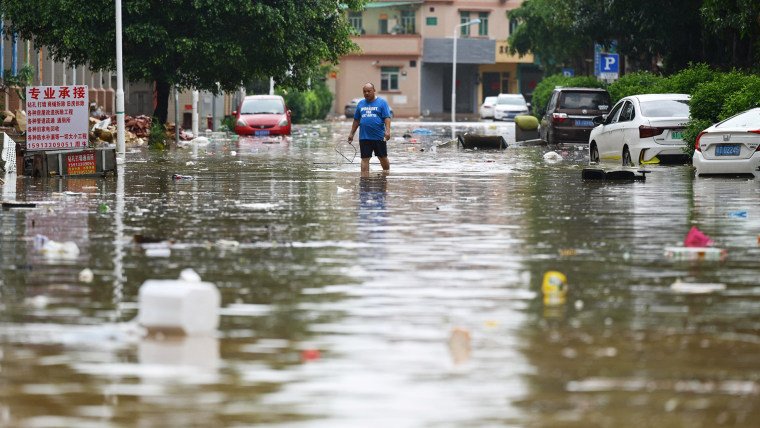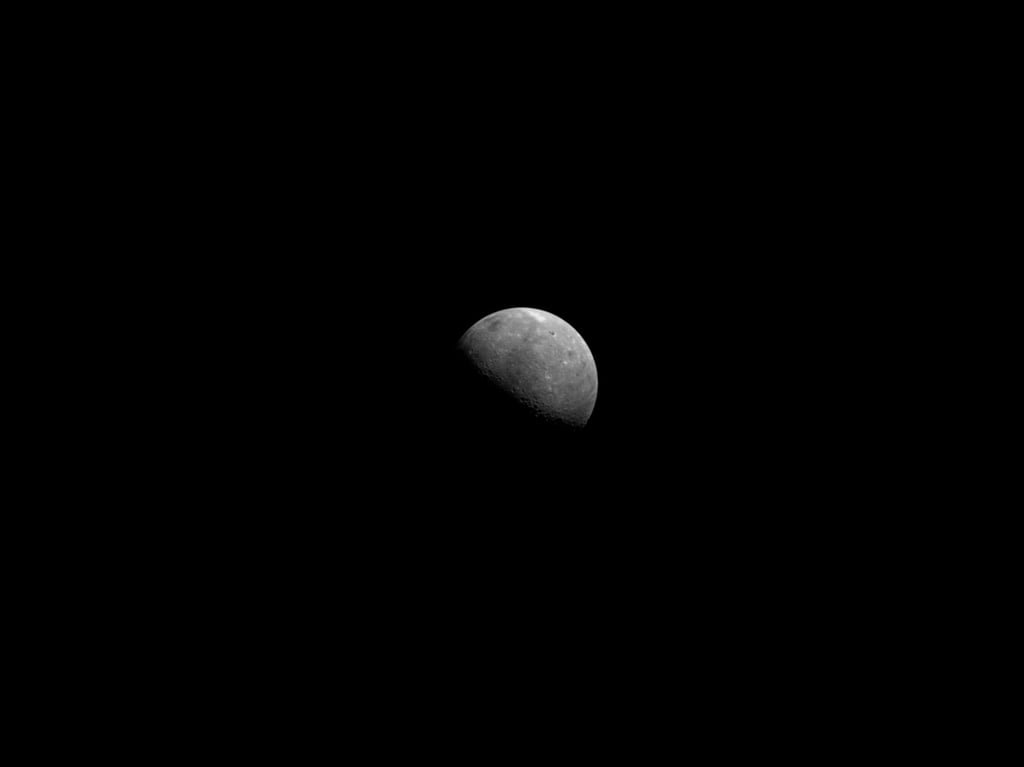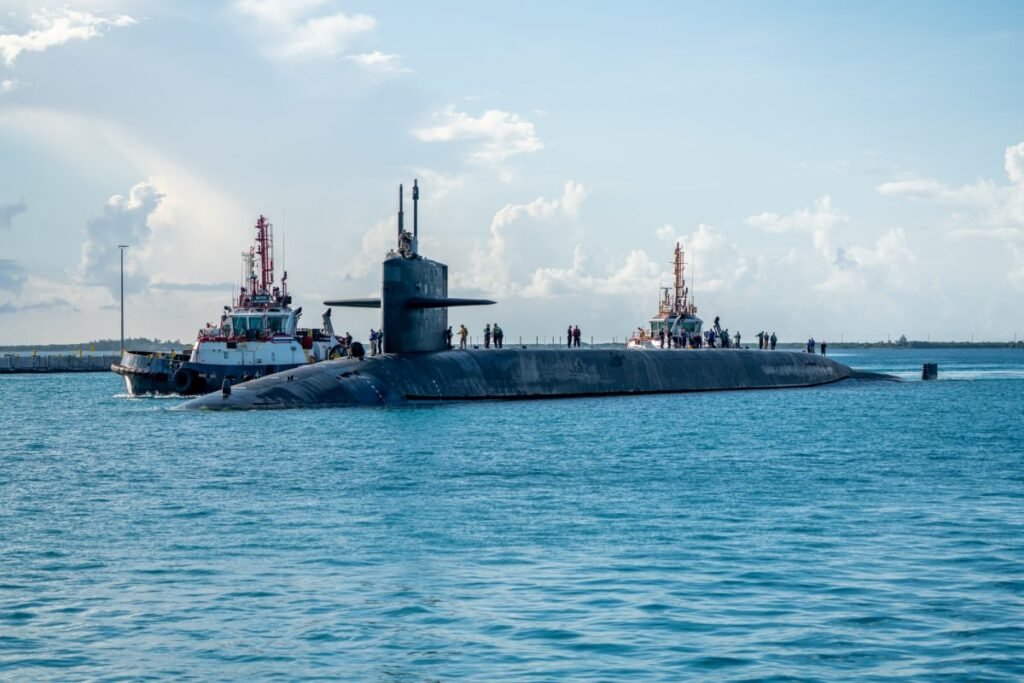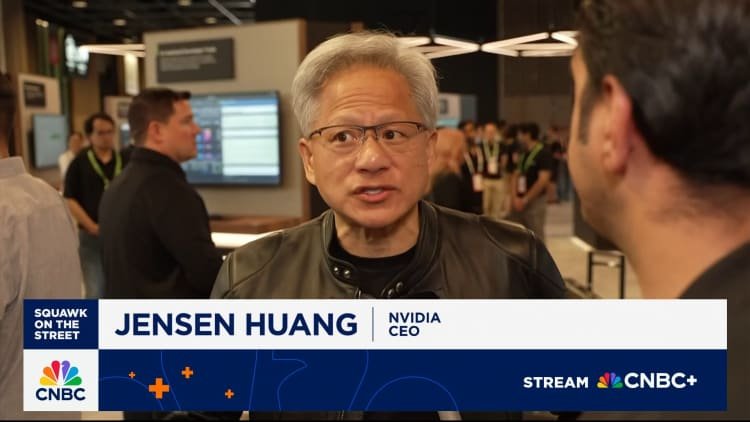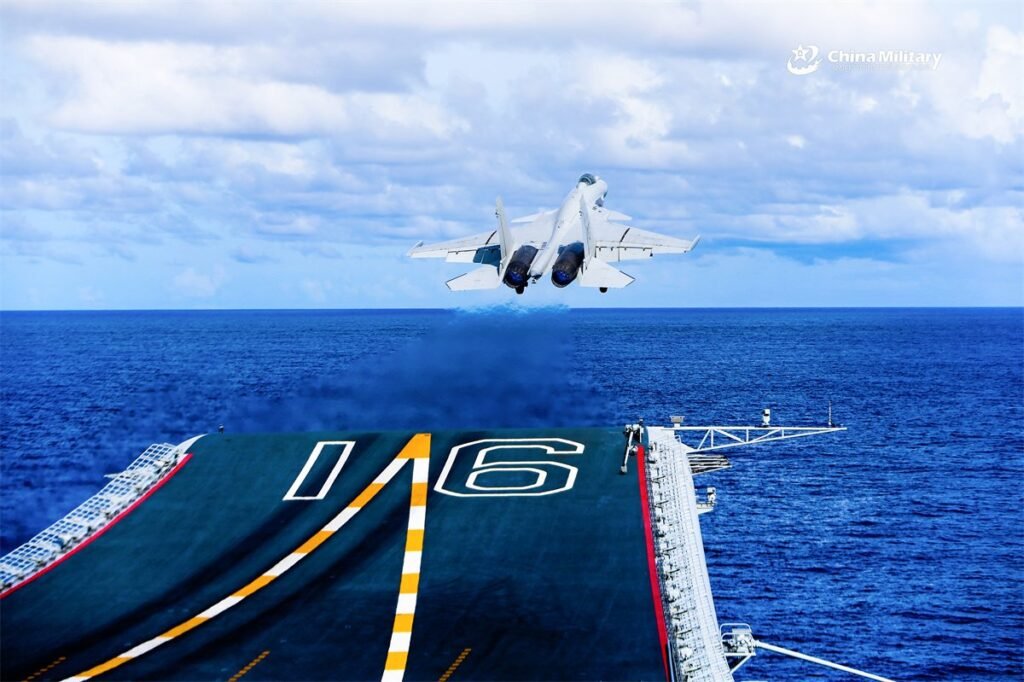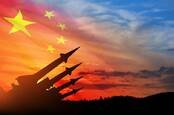According to CNN-News18, top intelligence officials say, “Xi Jinping’s absence is not unusual, and China has a history of sidelining prominent leaders.” The method is familiar — big names stay on paper, power moves quietly elsewhere.
A leader looks tired and alone
When Xi reappeared in early June, it was not the spectacle the world expected. He sat down with Belarus President Alexander Lukashenko, but the setting was unusually small. Gone was the red-carpet flourish. “Xi appeared tired, distracted, and generally unwell at a meeting with the Belarusian President Alexander Lukashenko in early June,” noted the Belarusian presidential press service.
Even stranger, Xi’s personal security detail has been halved. His father’s grand mausoleum has lost its official status. And after a recent call with Donald Trump, Chinese state TV did something unheard of — it referred to Xi without any title. Later they patched it up, but the slip revealed cracks.
Zhang Youxia and the shadow elders
While Xi’s health and image fade, power appears to shift. General Zhang Youxia, who helped Xi secure an historic third term, is now rumoured to be calling the shots in the People’s Liberation Army. But he fell out with Xi soon after.

Live Events
One source said: “Currently, real power lies with General Zhang Youxia, the First Vice Chairman of the Central Military Commission (CMC), who is backed by CCP seniors from the Hu Jintao faction.”Dozens of generals loyal to Xi have vanished or been replaced. Rumours swirl about secret purges. “The Chinese Communist Party (CCP) has previously done this with three notable leaders, reducing their operational authority to mere ceremonial roles,” top intelligence officials told CNN-News18.
Wang Yang emerges as successor
Whispers of a new face have also emerged. Wang Yang, who once served as a respected technocrat, is now spoken of as Xi’s likely replacement. Reports claim, “Wang Yang, recently appointed to lead the Chinese Communist Party, has been spoken of as a successor to Xi Jinping.”
Once lifted by Deng Xiaoping from obscurity, Wang represents reform. He is seen as calm, pro-market and less confrontational. Intelligence insiders told CNN-News18, “Wang Yang is being groomed as a reform-oriented future leader and technocrat.”
Hu Jintao’s symbolic exit still matters
Back in 2022, the world watched as Xi’s predecessor Hu Jintao was guided off the stage at the Party Congress in full view of cameras. China’s Xinhua agency said Mr Hu felt unwell. But Hu looked reluctant. BBC’s Stephen McDonell noted, “Mr Hu, 79, appeared reluctant to move.” He even reached for Xi’s notes before the sitting President brushed him off.
What many saw then as a power play now takes on new meaning. The silent exit of Hu — once a symbol of collective leadership — marked Xi’s total grip. Or so it seemed.
Discontent at home, trouble abroad
China’s economic engine is spluttering. Youth unemployment is stuck at 15 per cent. Real estate sits stagnant. Semiconductor plans have collapsed. National debt has ballooned to over $50 trillion. Local protests and factory unrest are flaring up.
Gregory W. Slayton, a former US diplomat, summed it up: “With over $50 trillion in total debt… and an unemployment rate in depression territory… it is not surprising that local riots, factory arsons and anti-government protests have flared all over China.”
When domestic problems grow, Beijing often looks outward. Intelligence sources remind, “China is known for externalising its internal problems and instability, especially against India.” They warn that reshuffles in the PLA Western Theatre Command could stir new skirmishes in Arunachal Pradesh and Ladakh — just as they did in the South China Sea during the Bo Xilai scandal or Ladakh during the COVID-19 pandemic.
Behind the Party’s heavy red doors, no one knows what comes next. But signs point to a dramatic turn. China’s top professors are criticising Xi in print — once unthinkable. Party elders hint that only a shift can rescue China’s reputation.
One elder was blunt: under Xi, China is isolated, with friends who are “good for nothing.” That isolation has left Xi vulnerable. For now, he keeps his titles. But power may be sliding away.


